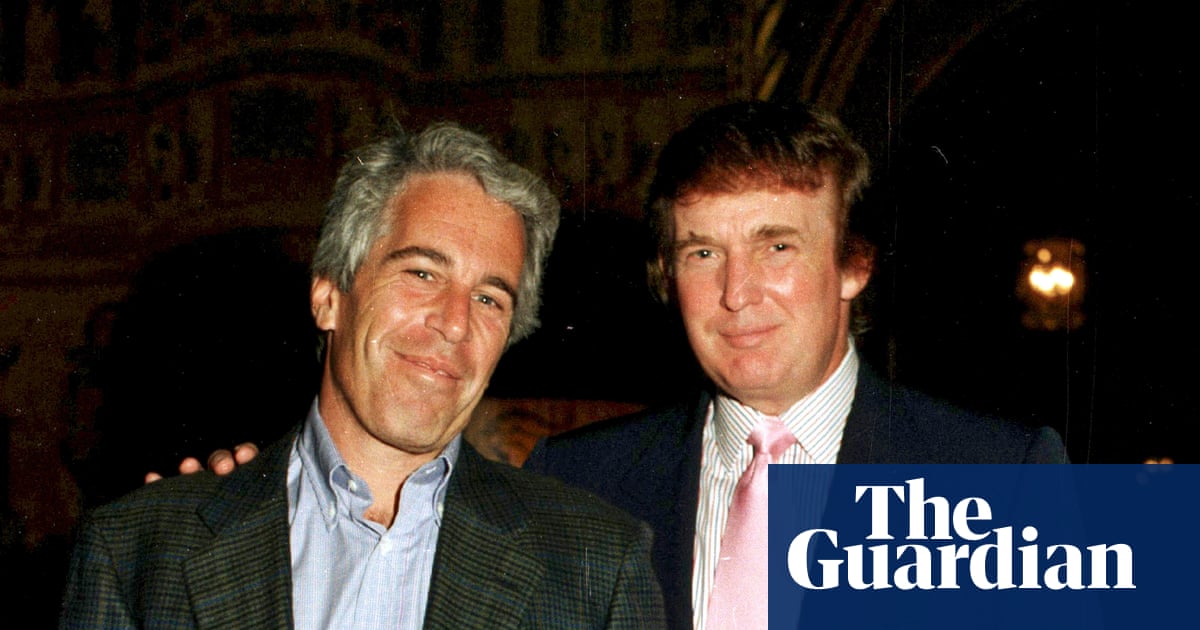Caught Between ICE and Taco Bell: Did This Lawyer Really Dial for Delays?

Imagine trying to reach out for legal help, only to be redirected to a fast-food joint instead. That’s exactly what Cincinnati immigration attorney Trisha Chatterjee claims happened when she sought assistance from Immigration and Customs Enforcement (ICE) regarding her detained clients. But when she shared her story, the backlash was fierce and swift.
Chatterjee was navigating the complex waters of immigration law, hoping to submit crucial paperwork for her clients held at Butler County Jail. After days of frustration and a lack of response, she finally connected with an ICE officer who promised to provide a helpful contact number. However, to her shock, the number led her straight to a Taco Bell!
In a bold move, Chatterjee took to social media, sharing her experience on TikTok and later on X, where she aired her grievances. But what she expected to be a call for help turned into a whirlwind of controversy. The Department of Homeland Security didn’t hold back in their response, accusing her of “lying for likes” and suggesting that her claims were nothing more than an attempt to smear ICE officers who, they argue, are already facing unprecedented challenges.
ICE defended its reputation, stating, “This is nothing but lying for likes. Activists and the media are attempting to smear our brave ICE law enforcement, who are already facing an 830% increase in assaults against them.” They categorically denied giving Chatterjee a Taco Bell number and claimed they had reached out to her after her video, offering her multiple ways to contact them directly for assistance. However, they allege she failed to follow up.
As the saga unfolded, reactions poured in across social media. One user suggested extreme measures, stating, “Deport her,” while another called for her disbarment, arguing that her actions reflected dishonesty. Others chimed in, questioning her methods and motives, asserting that a good lawyer should document such interactions rather than making unverified claims.
In a world where social media can amplify any narrative, this situation raises critical questions about the accountability of professionals in the legal field and the public’s perception of institutions like ICE. Is it about truth or just the quest for views and clicks?


























